- MAISON
- LES INDUSTRIES
- LES INDUSTRIES
- La chaudière Fang Kuai offre à la demande, solutions de vapeur modulaires pour les applications industrielles et commerciales nécessitant de la vapeur de procédé pour la chaleur, stérilisation, humidification, et plus.
- DES PRODUITS
- CAS MONDIAL
- À PROPOS DE NOUS
- NOUVELLES
- CONTACT





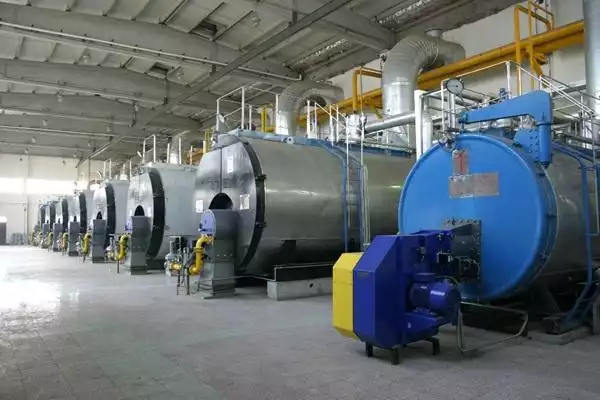
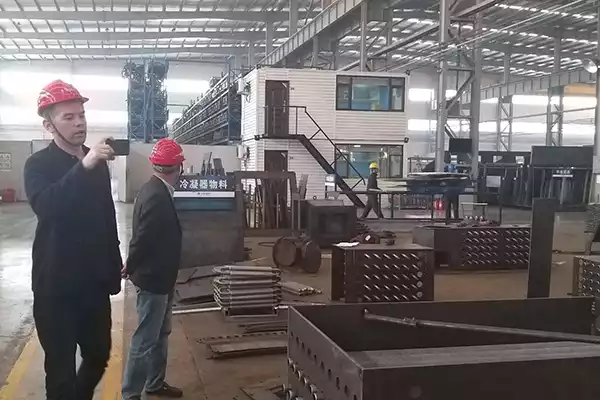
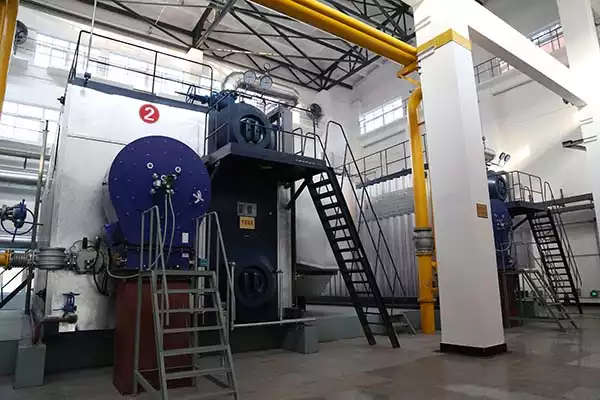
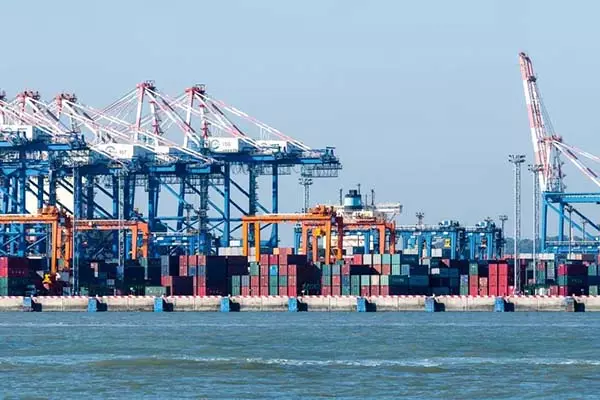
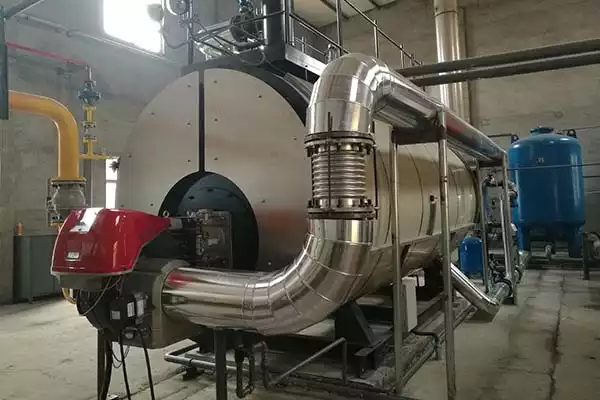
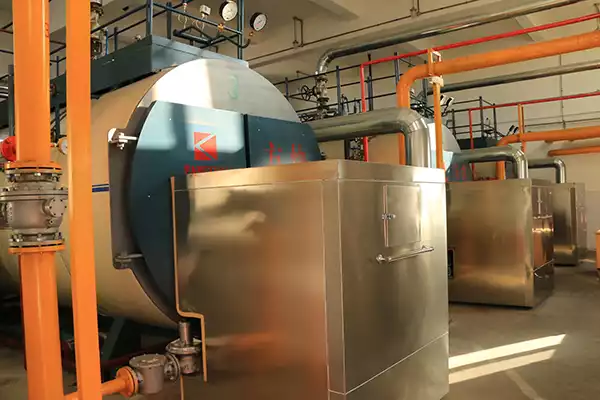
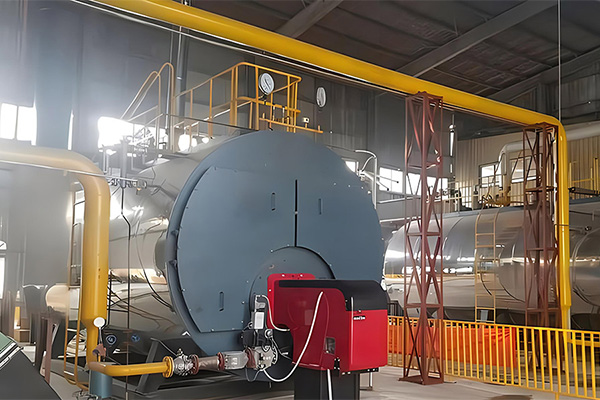
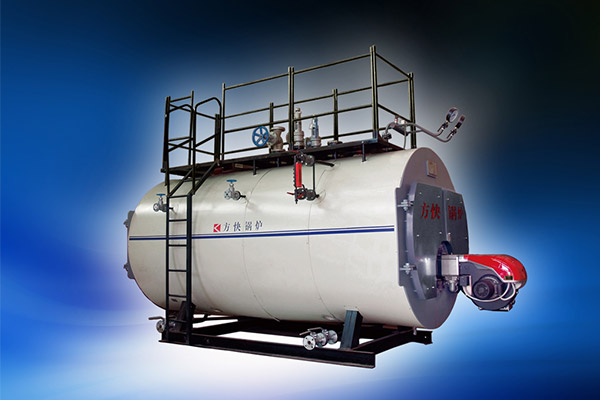
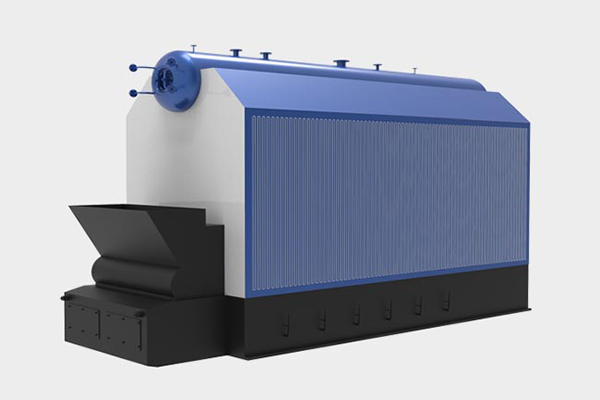
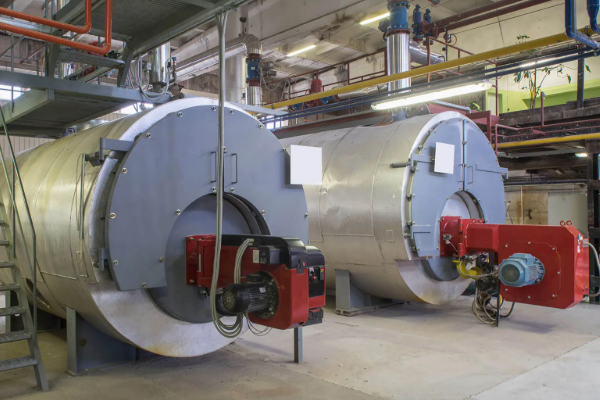

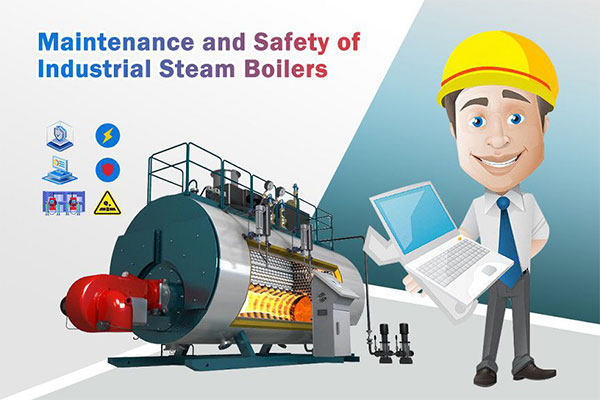
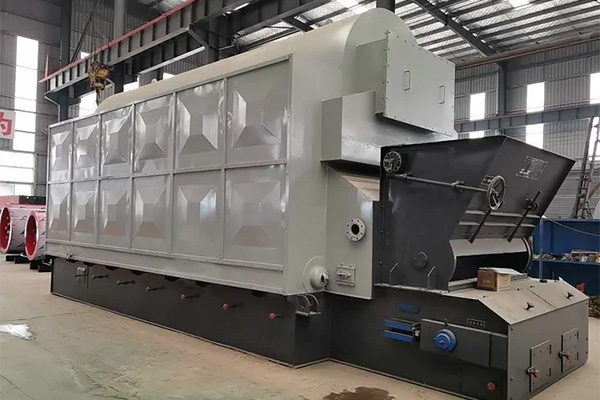
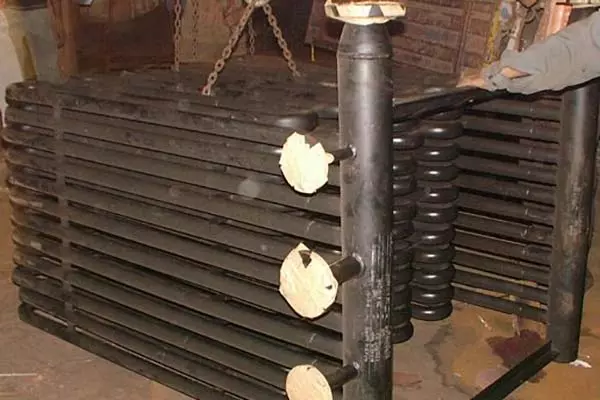
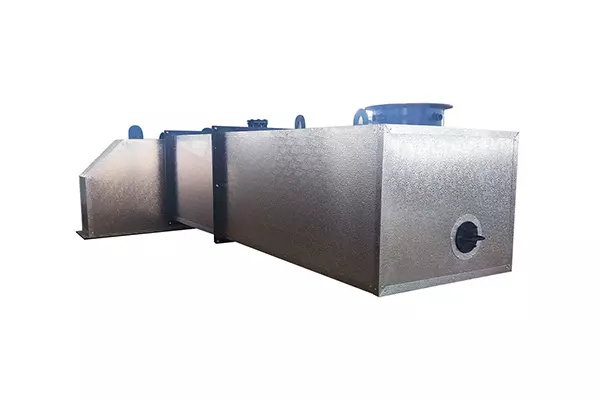
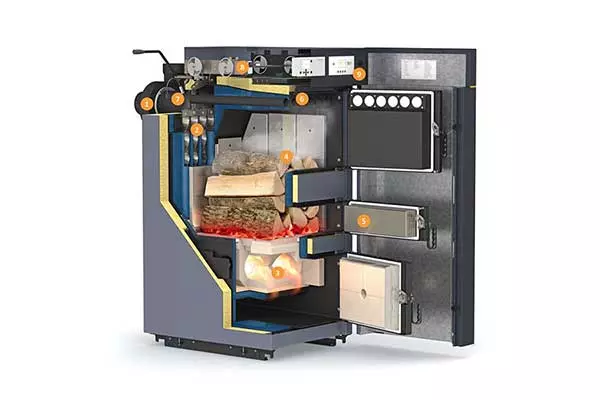
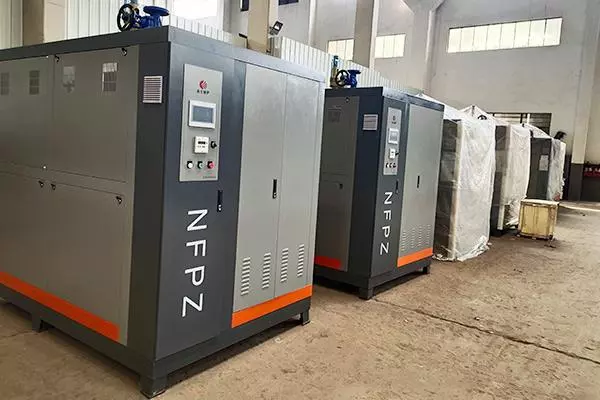



Vvoir les avis de nos clients
"La chaudière à vapeur de Fangkuai est parfaite pour mon entreprise de transformation alimentaire. Il répond à toutes nos exigences et est très fiable. La qualité des matériaux et la construction de la chaudière sont exceptionnelles. Il est également très facile à utiliser et à entretenir, ce qui nous a permis d'économiser du temps et de l'argent sur la maintenance. Je recommande vivement les chaudières à vapeur de Fangkuai à tous ceux qui ont besoin de solutions de chauffage fiables."
Json
Brésil"Les générateurs de vapeur de Fangkuai sont excellents. Ils sont très faciles à utiliser et nécessitent un minimum d'entretien. Le service client de Fangkuai est également exceptionnel. Ils sont très réactifs et toujours prêts à aider. L'efficacité énergétique des générateurs de vapeur est également remarquable, qui m'a aidé à économiser sur mes factures d'énergie. Je recommande fortement les générateurs de vapeur de Fangkuai."
Marie
Espagne"J'ai acheté une chaudière à vapeur Fangkuai pour mon usine et elle fonctionne parfaitement depuis des mois maintenant. La qualité des matériaux et la construction de la chaudière sont impressionnantes. Il est également très économe en énergie, qui nous a permis d'économiser de l'argent sur nos factures d'énergie. Je recommande vivement les produits Fangkuai à tous ceux qui ont besoin de solutions de chauffage fiables et efficaces."
John
Etats-Unis"J'ai acheté une chaudière à vapeur Fangkuai pour mon usine et elle fonctionne parfaitement depuis des mois maintenant. La qualité des matériaux et la construction de la chaudière sont impressionnantes. Il est également très économe en énergie, qui nous a permis d'économiser de l'argent sur nos factures d'énergie. Je recommande vivement les produits Fangkuai à tous ceux qui ont besoin de solutions de chauffage fiables et efficaces."
John
Etats-Unis"Le service client de Fangkuai est de premier ordre. Ils m'ont aidé à choisir la chaudière parfaite pour mes besoins et m'ont fourni un excellent soutien tout au long du processus.. Le processus d'installation s'est également déroulé sans heurts et la chaudière a dépassé mes attentes. Il est très facile à utiliser et à entretenir, et l'efficacité énergétique est remarquable. Je recommande vivement les produits Fangkuai à tous ceux qui ont besoin de solutions de chauffage fiables et efficaces."
Juan
Mexique"Nous utilisons la chaudière à huile thermique Fangkuai pour notre usine chimique depuis des années et elle ne nous a jamais laissé tomber. La chaudière est très durable et peut résister à des conditions difficiles. Il est également très facile à utiliser et à entretenir, ce qui nous a permis d'économiser du temps et de l'argent sur la maintenance. Les chaudières à huile thermique de Fangkuai sont de premier ordre et je les recommande vivement à tous ceux qui ont besoin de solutions de chauffage fiables."
Chang
Chine"La chaudière à eau chaude de Fangkuai est incroyable. Il chauffe rapidement et efficacement, et l'eau reste chaude longtemps. Nous n'avons jamais eu de problèmes avec et cela a considérablement amélioré nos opérations quotidiennes. Le processus d'installation s'est également déroulé sans heurts et le service client était excellent.. Je recommande vivement les chaudières à eau chaude de Fangkuai."
Sara
Canada"Les générateurs de vapeur de Fangkuai sont excellents. Ils sont très faciles à utiliser et nécessitent un minimum d'entretien. Le service client de Fangkuai est également exceptionnel. Ils sont très réactifs et toujours prêts à aider. L'efficacité énergétique des générateurs de vapeur est également remarquable, qui m'a aidé à économiser sur mes factures d'énergie. Je recommande fortement les générateurs de vapeur de Fangkuai."
Marie
Espagne"Je suis très impressionné par la qualité de la chaudière à eau chaude de Fangkuai. Il est construit pour durer et a dépassé mes attentes. Le processus d'installation s'est également déroulé sans heurts et le service client était excellent.. La chaudière à eau chaude est très facile à utiliser et à entretenir, et l'efficacité énergétique est remarquable. Je recommande vivement les chaudières à eau chaude de Fangkuai."
Jack
Australie